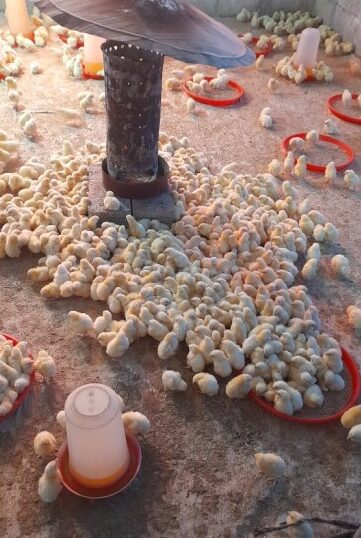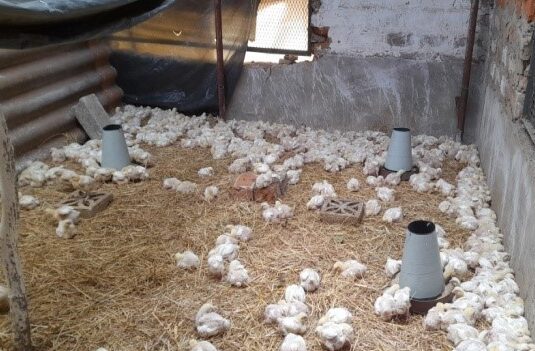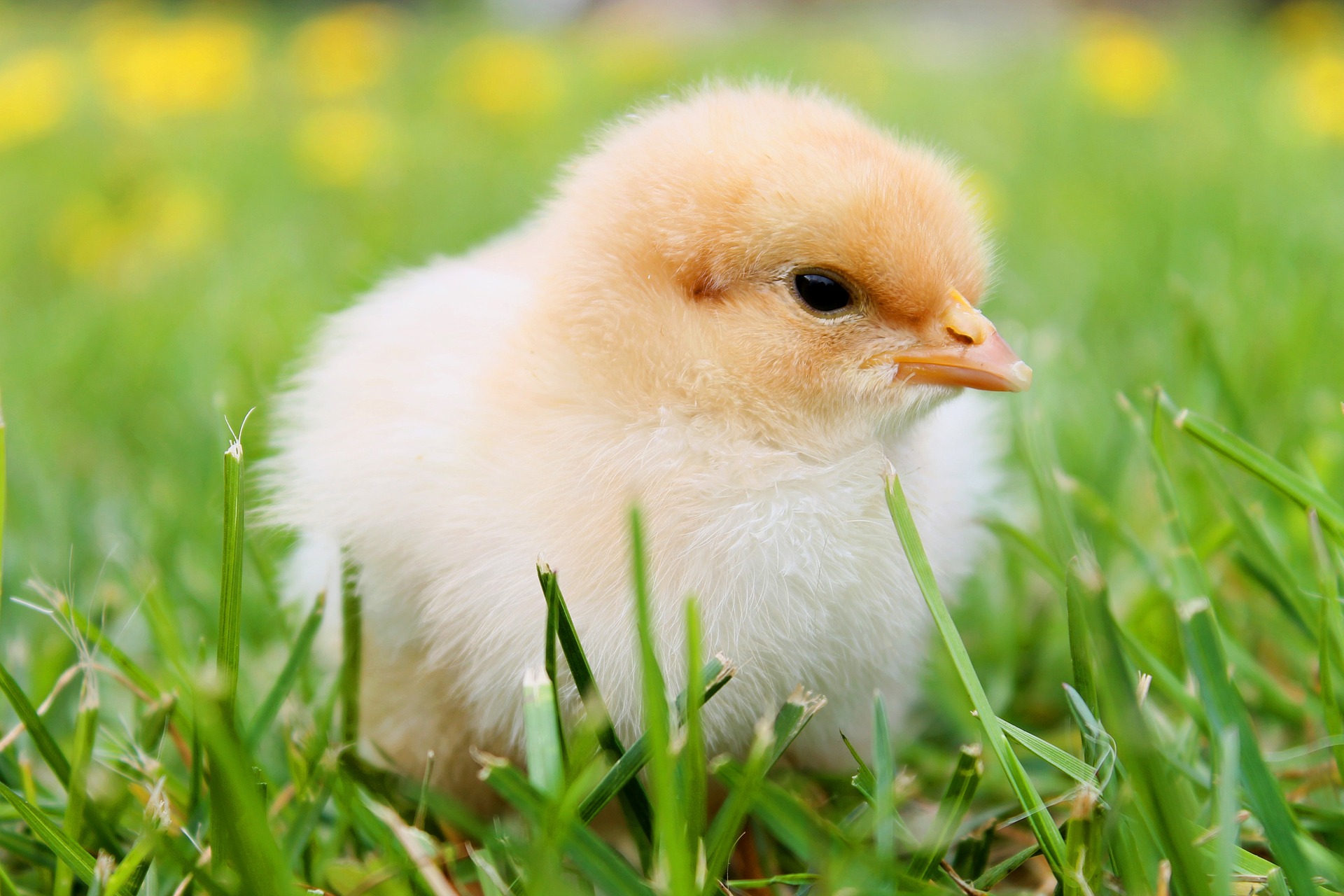The term “stress” is commonly used to describe the detrimental effects of a variety of situations on the health and performance of broilers. It is also defined as a set of responses to external conditions, which enable broilers to adapt to new or abnormal situations. This adaptation process causes the release of hormones and requires the redistribution of body reserves, including energy and protein, at the cost of decreased growth. After extended or repeated periods of stress, birds become weak; they often succumb to starvation and infectious diseases.
Stress is an important cause of reduced performance, and increases susceptibility to diseases. Stress in broilers manifests in three forms: physical, emotional and psychological. Birds have limited body resources for growth, reproduction, response to environmental changes, and defence mechanisms. Reducing stress is an important goal in broiler production. Broilers under poor production systems are frequently exposed to stress factors, reducing their ability to perform effectively to their potential. It is, therefore, important to have an effective management programme to minimise the effect of stress on the birds’ performance and health.
Transportation and handling
Transporting and handling of the birds pose a mixed factor of mental and physical stresses. Birds experiencing stress undergo a variety of internal metabolic and hormonal responses.
During the growing period, stressed birds do not gain weight and have reduced feed efficiency (ability to convert feed into meat).
One of the keys to raising healthy broilers is the creation of an effective stress management programme. While stress is unhealthy for all living beings, chickens and other poultry are especially susceptible to acquiring negative symptoms that can be harmful to their health.

Stress identification in broiler chickens
It is important to identify symptoms of broiler stress in the earliest stages possible to prevent severe health problems from occurring. It is just as important to ensure broiler’s physiological health as it is to ensure the humane treatment of your birds.
Some common symptoms of broiler stress:
- Weight loss
- Low feed consumption
- Lowered survival rates
- Immune suppression and increased susceptibility to diseases
- Methods for minimising poultry stress
Solutions for addressing poultry stress include:
- Good litter management
- Good biosecurity to minimise disease and infections
- Good ventilation – reduces heat stress or cold weather
- Above all, good management practices
Making sure birds have access to clean water and a healthy supply of quality feed will go a long way towards minimising the risk of creating a stressful environment.
It is important to identify common areas where stress occurs. One should begin with an examination of living conditions. Do your broilers have access to good management practices?
5 areas in which broiler stress can occur:
- Physiological
- Nutritional
- Nervous
- Mental
- Climatic/environment
Poor management of birds will definitely cause stress, in addition to changes in the weather and seasonal patterns. It is essential to establish a positive routine for your birds that benefits their health and removes elements that might cause stress.
Negative effects of broiler stress
Once the area where the broilers might experience stress is identified, it is time to identify the potential effects of stress.

Common signs of poultry stress in broilers:
- Increased mortality
- Decreased appetite
- Poor feed conversion
- Increased production costs
- Easily contracted diseases
One of the most significant causes of stress in broilers is heat stress. Broilers do not have sweat glands and are thus unable to regulate their own body temperature. A very common sign of heat stress is rapid panting, which indicates the bird is in distress.
Perfect your broiler production business with Tiger Animal Feeds.
For more information, contact Given Hamanungu, Senior Technical Advisor at Tiger Animal Feeds on (+260)967-933-658 or (+260)975-403-834









